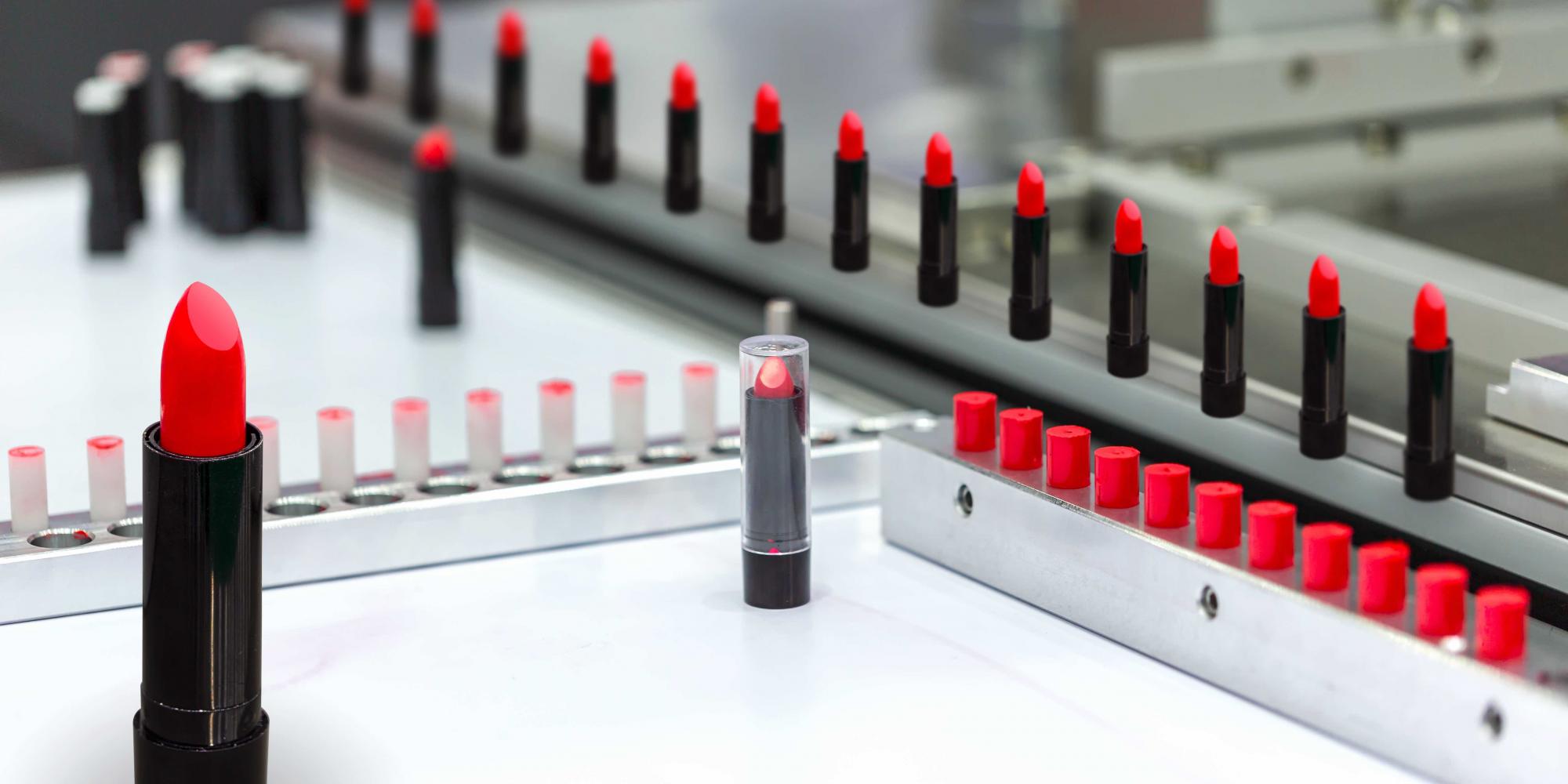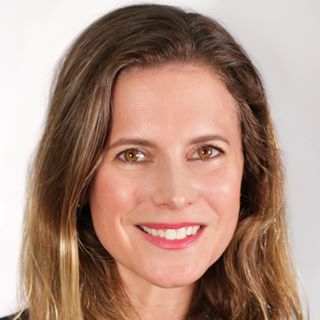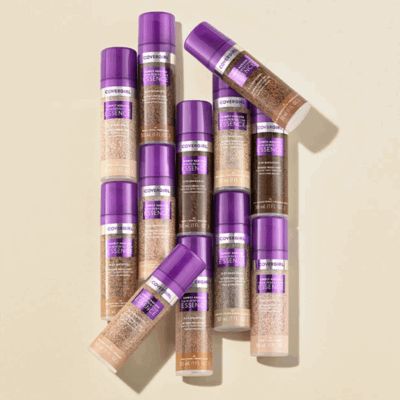
Go Big, Young Brand: Indie Entrepreneurs Discuss The Challenges Of Scaling Up
In this edition of Beauty Independent’s ongoing series posing questions to beauty entrepreneurs, we ask 18 founders and executives: How did you scale up?
- Kristi Moe Founder and Designer, Zodica Perfumery
The cash flow struggle is real. I intentionally wanted to grow slow, staying 100% independent and self-funded. But when big opportunities come through, it’s not always so easy to say no. It’s like being a kid in an entrepreneurial candy store. I want it all, but I have to take it one opportunity at a time. Scale a little bit more. Monetize. Reinvest. Then, take the next opportunity. I may not be everywhere at once, but I know I can stand behind the quality of my product and building strong relationships with partners so we can all be successful.
- Sandee Ferman Co-Founder, No Tox Life
Initially, we sold our handmade products at rock-bottom prices at farmers markets, not accounting for all of the true costs of running a business. This was a difficult problem as our business increased. In some cases, we had to more than double prices once we calculated in employee labor costs to make products. Welcome to the real world of doing business and something that you won’t read on a DIY soap-making blog.
Once we began to actually price products correctly, we were able to afford help to make products. We are still a completely handmade company, but now we’re a team of five instead of two. Our next goal is to figure out how to have a day off. Currently, we, the owners, work seven days a week and have for several years. There are so many things we want to work on, it’s hard to step away.- Rooshy Roy Co-Founder and CEO, Aavrani
One of our biggest challenges is managing time. This includes making manual processes automated and scalable as well managing a growing customer base. Although our growth has been very exciting, we needed to learn how to go from manually packing boxes by hand to scaling a much larger business. As we continue to grow, we are beginning to look for a third-party logistics company to scale our operations beyond our current capabilities.
- Jessica Kizovski Founder and Lead Formulator, Veriphy
Starting my business as a recent cosmetic chemistry graduate, I had really only focused on lab scale projects. I relied on the expertise of our manufacturer to help guide me in the successful scale up of my formulations. What I quickly realized is that I underestimated my knowledge and, in the end, took back control and voiced my opinion resulting in the change of part of the processing. As a brand founder, you know your product the best. Never underestimate your knowledge and don’t be scared to speak up.
Another challenge when scaling up was getting the ingredients I wanted in the quantities I needed. It almost felt like we weren’t an important customer to certain distributors and suppliers as our orders were forgotten, delayed or they simply wouldn’t respond. It is hard to seem like a serious player in the industry when your order is 100 times smaller than other brands and companies. Be persistent, you will learn what ingredient suppliers will be good partners for your brand and, going forward, it will be easier for future product development.
- Yoel Vaisberg Founder and CEO, Haielle
Capital will always be necessary for growth, even if your brand is doing well. Fundraising takes time, so have your potential sources in mind and don't wait until you have no money to pay the rent.
Additionally, indie brands are small organizations that require high levels of multitasking as a few members of a small team need to perform many tasks. When scaling up, the increased volume of activities requires establishing processes and hiring specialized people. This transition can be difficult to keep up with.
- Jennifer Goldman Founder and CEO, Essential Rose Life
I am working on scaling up right now, and I believe the most important element to this is solidifying the manufacturing and fulfillment processes. The worst thing we can do as small business owners is take on more than we can chew and receive orders we cannot handle. This could destroy our businesses before they even really get started.
I am working diligently now to create this solid foundation by contracting with the most reliable organic, clean manufacturing and fulfillment houses I can find while handling the orders I already have. I am making this my priority before forging full steam ahead with marketing and PR initiatives, so that I can be confident we grow in the most healthy way and retain our integrity from the start.
We have scaled our team very slowly and cautiously. For the first couple years, there were four of us working as full-time employees. We hired third-party contractors who helped on specific projects. Some of these contractors became full-time employees as business needs developed.
Our team is the heart and soul of the brand, and I am protective of our working environment and culture. We are very clear about our brand values during interviews and onboarding. My goal is that everyone not only feels empowered, but also safe, respected, and that they are growing professionally.
It is my job to maintain a positive environment and part of this is making sure new hires are integrated and the team is running smoothly. There is an old motto that we try to adhere to: hire slow, fire fast. Take your time making sure your initial hires are motivated, honest, and have the skills necessary for their job. If you realize they aren't the right culture fit for the company or lack the qualifications they claimed to have, then move on.
- Evelyne Nyairo Founder, Ellie Bianca
We recognize that the beauty industry is extremely competitive. Prior to launching the brand, we developed a detailed business plan and brand development strategy with clear goals. It was a lot of work at the beginning, but it’s so much easier to execute and measure progress against set milestones.
We knew that we were entering an extremely competitive space, so we identified our value proposition early on. Our pillars truly do set us apart from other luxury skincare brands. When you purchase an Ellie Bianca product, you are sponsoring education for children in Africa and supporting and empowering women through business and education too.
From a personal angle, I come from a chemistry and biology background. I have applied years of knowledge and analyzed each of our ingredients at a molecular level. In doing this, our company scales up to those larger players because we do everything from formulating, packaging and delivering ourselves.
- Alexandra Preston-Morley Co-Founder, Coco & Eve
We launched in January 2018 and, for the first few weeks, it was just myself and one other colleague, so we were very hands-on, which was stressful, but meant we were able to get a great deal of insight from the customers and the community straight away. We would reply to messages and emails ourselves and ran targeted surveys to customers to see what they thought of our product and customer service.
Making the right hiring choices is crucial to scaling up and ensuring it's planned ahead so resources aren't spread too thin. We have scaled up further by stocking with selected retailers like ASOS, Revolve, Riley Rose and Harvey Nichols. This has given us credibility and enabled even more customers to access our masque. Since January, we have sold over 250,000 masques and won three beauty awards.
Finally, using data to help drive decisions and growth strategies is super important. We live on Google Analytics.
- Danuta Dudek Founder, Cotarde
We are in the process of scaling up. Still 100% independent, we try to focus on the crucial aspects of the scale up. Last year it was communication, this year it’s distribution. We put a lot of effort in maximizing our outreach in the concerned areas. Everything takes time, one needs to be patient, and sometimes it’s very challenging as you want things to be done now. But it was important for us to be debt-free. It’s reassuring, and we keep doing what we want and how we want. Not everyone can say that.
- Matthew Schirle CEO and Founder, SkinKick
The reason why 90% of startups fail is because of the lack of planning and infrastructure. If you’re going to ramp volume, then make sure your business processes are in place in advance. I have leveraged experience in high-volume manufacturing and adopted risk management strategies to make sure we have back-up plans to accommodate worst-case scenarios. And I think we have used about every single one of them.
- David Simnick CEO and Co-Founder, Soapbox
The first two years, we built Soapbox during the evening and weekends. Then, we got into our first major retailer, and my co-founder and I went full-time. Our brand started with awful packaging, and we continued to fumble through iteration after iteration of failures. People always loved the products, mission and us, but our branding wasn't resonating with consumers. That's when we started a year long process with Anthem Marketing up in New York City to test, learn and, most importantly, listen to our consumer. After 12 months of hard work, we launched with our current brand, and it took off.
- James H. La Founder, NIUCOCO
There's just so much to cover, from supply to chain to sales. An example would be on production: Do you have your production strategy in place in order to scale? Personally, I think it depends on where you are as a business. Being busy versus being productive.
How are you sourcing your ingredients? Do you have an agreement in place with your ingredient manufacturer? What does it take in order for your facilities to be GMP certified? What's the tipping point between having enough sales in order to put in place all of the infrastructure so that you can scale production? How does this help you be optimal in your functions as an entrepreneur and as a business?
The same sort of thinking goes behind scaling sales. Are you doing straight-to-consumer? Do you have your demographics? Are you producing content regularly in order to execute strategic ads to produce sales? How do you scale distribution? All based on the demand that you generate as a brand.
In summary: There are different permutations based on where you are a business in order to answer scaling. But, at the end of the day, it's is one of the reasons why you need to evaluate whether you want to be a DIY entrepreneur versus outsourcing production and logistical functions to a third party.
- Amit Sarda Managing Director, Soulflower
The most challenging aspect is keeping track of finances. As the sales go up and more and more columns are added to your sheet, it becomes difficult to keep track of every expense and the ROI.
- Sergei Gusev COO and Co-Founder, Scentbird and Deck of Scarlet
Scaling your business is an ongoing process. Since day one, you will need and want to scale. That being said, when you’ve first started your business, you have a very limited budget to work with so it’s important to be savvy and creative. For us, the combination of influencer marketing, and utilizing Facebook ads and organic PR was what helped drive awareness and ultimately sales.
- Beatrice Feliu Espada CEO and Founder, The Honey Pot Company
You grind your ass off, you focus, you are relentless. You can sell your dream like ice to an Eskimo. You truly believe in yourself and product. You make something people want and will pay for time after time. You hire the best people, you manage them, you pay them well, sometimes even more than you pay yourself. You have tunnel vision. All you can see is the North Star.
- Michelle Ranavat Founder, Ranavat Botanics
Slowly! In fact, I’m still scaling. I think scaling is a very long term process which essentially means you want to set up your system in a way that it is flexible and that it can grow.
For example, I keep my financial books up to date at all times and make sure every purchase is tracked and accounted for. This way, everything is organized, and I can see how money is moving in and out of the company.
I also made sure my suppliers could grow with me. I’m very small to them now, but I know they have huge capacities, so that, if I need to really ramp up, I can keep the quality consistent with the same team.
If you have a question you’d like Beauty Independent to ask beauty entrepreneurs, please send it to editor@beautyindependent.com.






Leave a Reply
You must be logged in to post a comment.